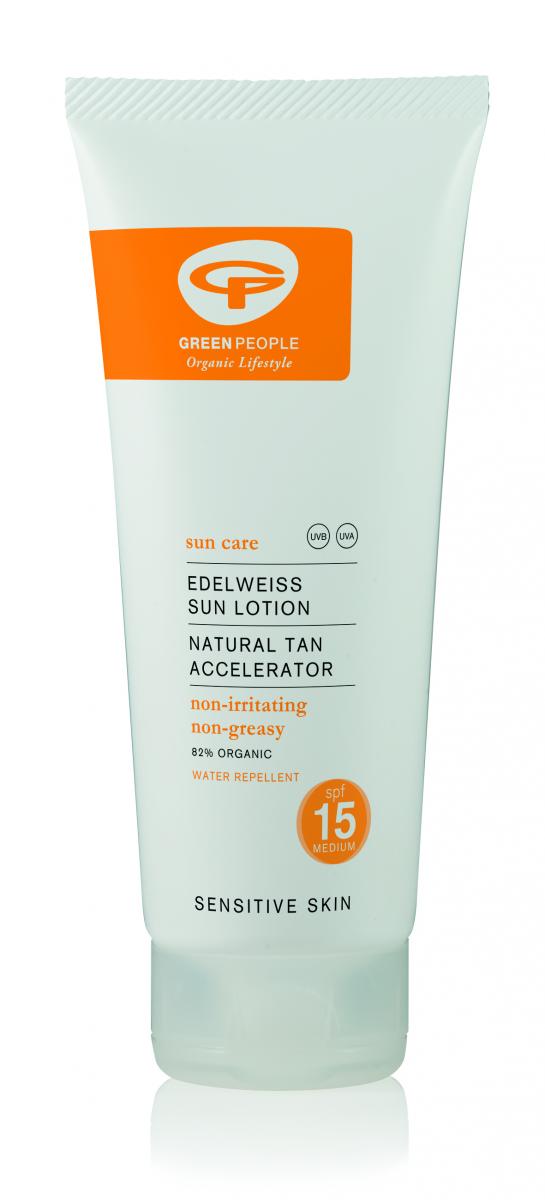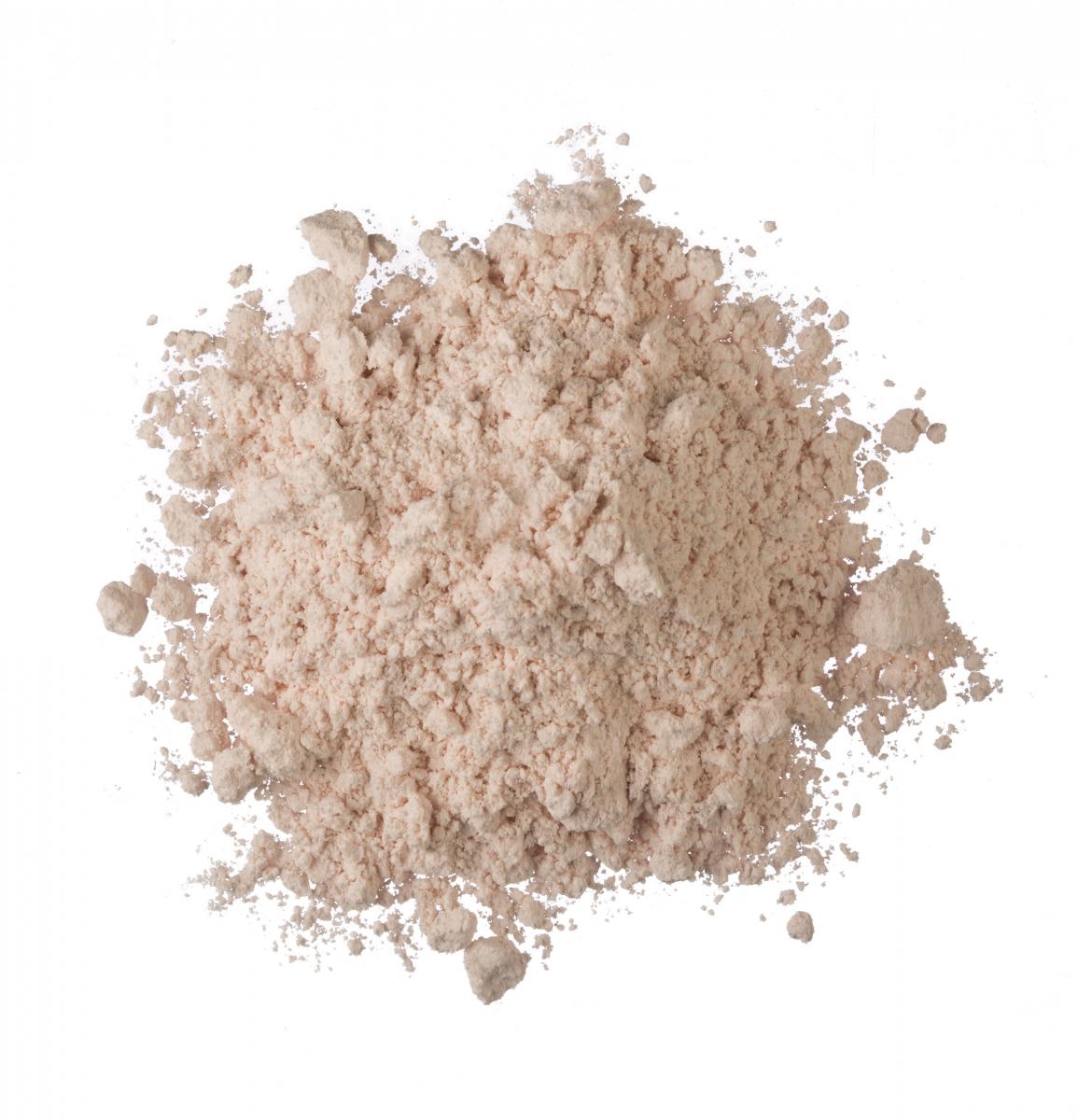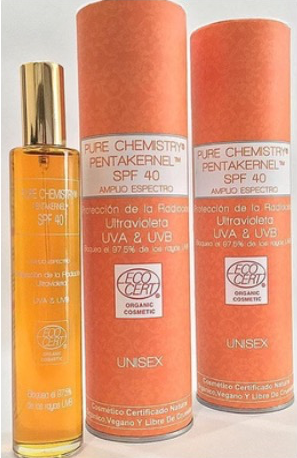Melissa McClements helps you avoid getting a sunburn this summer with tried and tested Vegan-Trademarked sunscreen products.
Slathering on sunscreen is essential for a successful summer holiday. Nothing ruins that early evening poolside Piña Colada more than the pain and discomfort of sunburn – never mind the increased risk of melanoma it brings. Those choosing a plant-based lifestyle, however, need to be extra careful when selecting protection from the sun’s damaging UVA and UVB rays. Navigating your way through the vegan ethics of sunscreens is a surprisingly complex issue.
First up, a lot of standard sunscreens contain animal-derived ingredients. Here are some of the most common to look out for:
- Beeswax is used as an emollient in skincare products.
- Chitin is a polysaccharide that was first discovered in the cell walls of mushrooms. However, in skincare products and cosmetics, it more commonly comes from the exoskeletons of crustaceans, insects and even arachnids. Basically, it’s ground-up crab shells.
- Collagen is a major structural protein found in animal connective tissue. It usually comes from cows, pigs or fish.
- Elastin is another protein. It is found in animal artery walls, intestines, lungs and skin.
- Lanolin is the animal fat extracted from sheep’s wool.
- Stearin or Stearic Acid is derived from the fat of cows, sheep or pigs. It is often a by-product of animal agriculture.
As with all skincare and cosmetics, animal testing carried out by a brand’s parent company remains a key concern for vegans too. Since March 2013 the EU has banned the sale of any beauty product containing an ingredient tested on animals. However, some global skincare brands still test on animals in other countries – especially in China, where the government requires products to undergo such tests. For some vegans, this means those particular brands are off limits. Others feel that buying the new plant-based, animal-friendly lines produced by corporate giants encourages them to move their business in a more ethical direction.
Then there is the environment. The latest evidence shows that some common sunscreen ingredients represent a danger to sea life. A recent study undertaken in Hawaii and the Caribbean – and published by the respected US non-profit Haereticus Environmental Laboratory – showed that the UV-filtering compound Benzophenone-3, known more commonly as oxybenzone, has a devastating effect upon coral reefs and other marine life.
“Oxybenzone will cause coral larvae to deform and die,’ says the study’s lead author, Dr. Craig Downs. “It will also act as an endocrine disruptor, and cause the coral larvae to encase itself in its own skeleton, effectively killing it. Oxybenzone will feminize male fish and cause juvenile (seven-day-old) fish to take on female sexual characteristics. It will also cause development deformities in sea urchin embryos."
“Ecologically, it can slowly kill a coral reef. But, even more importantly, it creates coral reef zombies. These reefs, from the untrained eye, look ok, but everything is sterile. No new coral, sea urchin, or fish recruits will enter and settle on the reef. It is, from a demographic and evolutionary perspective, already dead. And even if people want to do active coral restoration, these dead reefs, which are contaminated with these endocrine disruptors, are a waste of time. Because no new coral will come into the area…”
The European Commission’s Scientific Committee is due to limit the amount of oxybenzone that can be used in sun care products. Currently it can be used in products in concentrations of up to 10%. As of 3 September 2017, it will only be allowed in concentrations of 6%. However, as we are facing global crisis in terms of coral reef die-off, it seems like an ingredient to avoid altogether.
Dr. Downs warns that other sunscreen ingredients may well pose a danger to wildlife too. In this regard, he cites the UV filters octinoxate, octocrylene and camphors – as well as preservatives, such as parabens and phenoxyethanol. He explains that even some natural, plant-derived ingredients are hazardous to marine eco-systems.
“Botanical extracts that show toxicity to coral reef organisms – embryonic fish, embryonic urchins, embryonic/larval coral and larval shrimp – are oils of neem, rosemary, lavender, jojoba, citronella and aragon – to name a few,” he says. “It makes sense these would be toxic because they are used by humans as insect repellents or pesticides (especially neem). If bugs don’t like to eat something in the wild, such as lavender, it is a good bet that it contains ‘natural pesticides’ that could harm marine organisms.”
To avoid all of the above ingredients, vegans might think it best to eschew mainstream chemical sun lotions and gravitate to the more natural, mineral sunscreens. Chemical sun screens absorb UV rays like a sponge. Mineral ones, made of zinc oxide and titanium dioxide, reflect the rays like a mirror. They are the very oldest kind. The use of zinc oxide paste for sun protection goes back thousands of years. Unfortunately, there are issues for vegans here too – linked to how these sunscreens have been made more consumer-friendly in recent times.
Traditionally, mineral sunscreens always left a white paste on the skin. Increasingly, however, skincare companies have eradicated this issue by creating products made with tiny particles – or ‘nano particles’. Nowadays mineral sunscreens are frequently made of microscopic particles about 1/50,000 the width of a human hair. These might make it easier to rub into the skin but, according to Dr. Downs, these tiny particles can be toxic to corals, fish and other reef organisms. Their toxicity arises from their interaction with cells, as well as the fact that they cause oxidative stress in sunlight.
Hopefully, all this information hasn’t made the idea of popping out to the chemist for a pre-holiday stock-up too daunting. Knowledge is power. It’s there to help you make an informed choice that chimes with your own personal ethics.
For those interested in new ways of preventing their skin turning lobster red this summer, here are some tried and tested innovative, Vegan-Trademarked sun care products:
Edelweiss Sun Lotion by Green People (SPF 15)
This easy-to-apply lotion from organic skincare pioneers Green People smells utterly gorgeous, quite unlike any other sun-care product around. Forget tropical coconuts, it has a delicate aroma reminiscent of an Alpine meadow.
The lotion is also unique in that it is a scientifically proven ‘tan accelerator’ – thanks to the inclusion of a nutrient derived from the fruit of the carob tree in its formula. Called Inositol, this key active ingredient acts as a stimulant for the formation of melanin. When Green People trialled it on human volunteers, the results were impressive. They showed that the speed of tanning increases by 25%, the intensity or depth of suntan increases by over 28% and the tan-fading rate is reduced by almost 50%.
In practise on a sunny day at a Sussex beach, this lotion certainly provided good protection for my pallid Celtic skin. I didn’t even have a hint of redness. In fact, I was left with a gentle golden ‘sun-kissed’ look that I can’t help but feel would normally take me much longer to achieve.
Powdered Sunshine by Lush (SPF 15)
Purveyors of ‘fresh’ handmade cosmetics, high street brand Lush offers this innovative loose powdered sunscreen that is simply sprinkled on and rubbed into the skin. It is perfect for anyone who doesn’t enjoy the stickiness of standard creams, lotions or sprays.
Made with calamine lotion, organic sesame oil and cocoa butter, Powdered Sunshine is a mineral sunscreen – so it’s also rich in zinc oxide to reflect broad spectrum UV rays. Its scent is pleasingly citrusy, thanks to lemon and lime oils.
I originally applied the powder with a make-up brush, but then topped it up using fingers. It rubbed in pretty easily (although I had to brush it out of my eyebrows!). As I have quite oily skin, I much preferred the matte look it gave me to the greasy sheen left behind by more standard sunscreens. Even better, the small bottle fitted easily into my bag, so I could top up as and when I needed.
Pentakernel by Pure Chemistry (SPF 40)
This luxurious oil is the first of an exciting new range of sun care products to be launched by Pure Chemistry – Colombia’s leading eco-friendly, organic, cruelty-free and vegan beauty brand.
On a base of vegetable and sunflower oil, the sunscreen contains some indigenous South American ingredients – such as an extract of the Achiote shrub (also known as Bixa Orellana), which is rich in Vitamin C and beta-carotene. It also contains oil from the seed of the corozo, a small red tropical fruit that grows on palm trees on Colombia’s coast.
This oil is a beautiful golden brown colour and has a light consistency. Just applying it left my skin looking more tanned and glowing. Thanks to its high sun protection factor, it kept me sunburn-free on one of the hottest days of the year. Like all oils, however, it can stain and care needs to be taken with it around clothing.
Mineral Sunscreen by Arbonne (SPF 30)
Arbonne's liquid sunshine collection consists of light, non-greasy sun care products. Made with botanical extracts to pamper the skin, their mineral formulas contain non-nano zinc oxide that reflects sun rays. Unfortunately Arbonne's products were not able to be tested for this article.
By Melissa McClements
Would you like to write for our blog? Read our guidelines then send your pitch to web[at]vegansociety[dot]com.
The views expressed by our bloggers are not necessarily the views of The Vegan Society.

